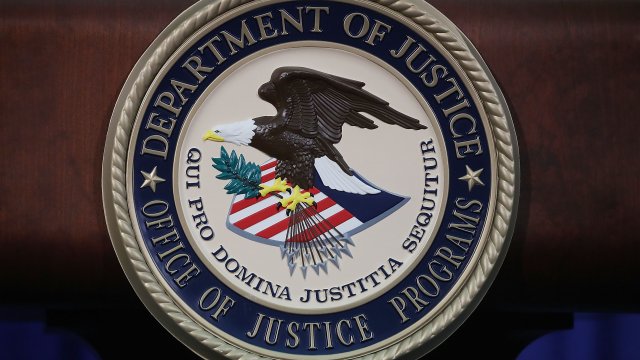Obstruction of justice is a serious crime. But it's also one that can be tricky to define and build a case around.
The U.S. Code lists 21 different statutes, from intimidating witnesses to picketing a court house, which can count as obstruction. Prosecutors can use the considerable leeway in those statutes to build an obstruction case.
Dan Petalas, a principal attorney at the law firm Garvey Schubert Barer, told Newsy: "Obstruction is actually a sort of a tapestry of of different statutes that apply to different kinds of instructive activities. So there's a number of ways to charge such a case."
But obstruction charges can be difficult to prove, because they hinge on intent. Prosecutors not only have to prove that someone interfered with the judicial system, but that they did so with an intent to disrupt an ongoing proceeding.
Petalas told Newsy: "There's a fine line, sometimes, between defending oneself in an investigative setting and actively obstructing an investigation. Unfortunately, we don't have the machinery to know what people were thinking. So we have to look at the contemporaneous evidence that surrounds the decisions."
Circumstantial evidence — emails, phone calls, memos and such — can help prove someone obstructed justice with bad motives. The obstruction doesn't have to actually succeed: a malicious attempt is enough to earn someone an obstruction charge.
Obstruction laws also protect Congressional investigations from being impeded. And the consequences for doing so can go all the way to the top.
Obstruction charges have factored into the two most recent presidential impeachment proceedings. Richard Nixon faced an obstruction charge from the House of Representatives after he refused to turn over secret White House recordings to Congress. And Bill Clinton was tried in the Senate on two impeachment articles — one of which was an obstruction charge for encouraging witnesses to lie to investigators.


